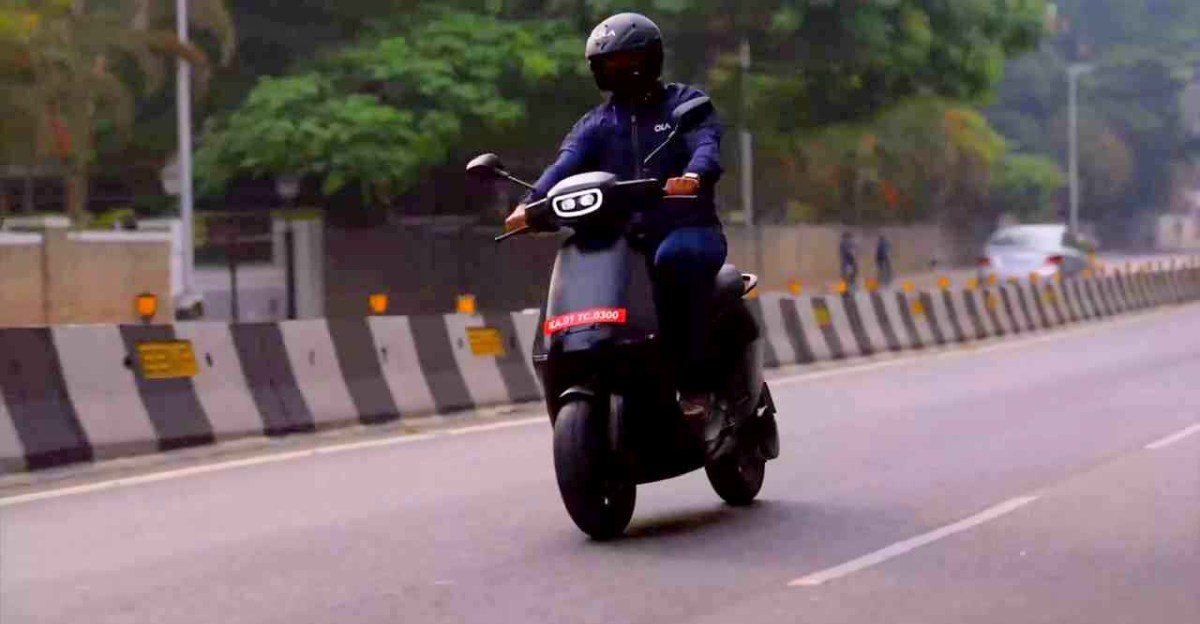I. Introduction
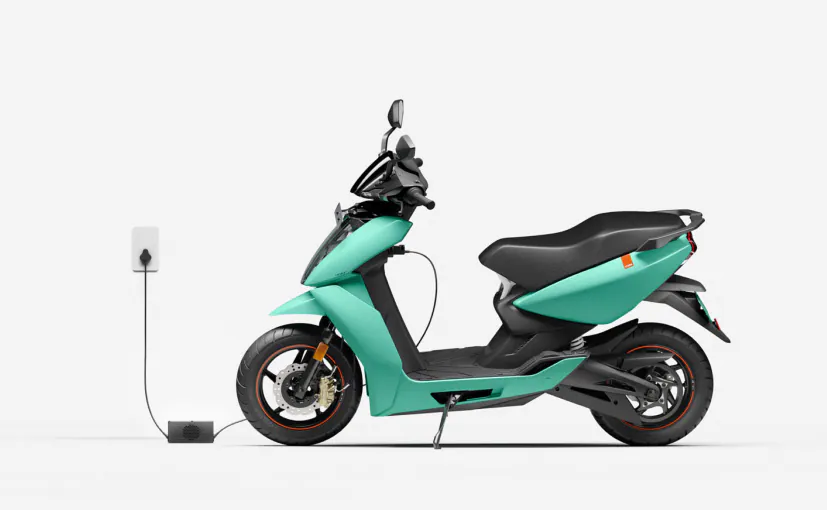
A. Overview of the importance of scooters:
Scooters have become increasingly popular as a mode of transportation due to their convenience, affordability, and eco-friendly nature. They offer a practical solution for short-distance travel and can help alleviate traffic congestion in urban areas. Scooters are not only efficient but also fun to ride, making them a favored choice among commuters and enthusiasts.
B. The legal requirements for operating a scooter in Illinois:
Before taking to the streets with a scooter in Illinois, it is essential to understand the legal requirements. The state has specific regulations and restrictions in place to ensure the safety of scooter riders and other road users. It is important to comply with these requirements to avoid fines or legal repercussions.
II. Unlicensed Scooter Options in Illinois
A. Electric Scooters:
- Lightweight and environmentally-friendly transportation: Electric scooters are powered by rechargeable batteries, making them a sustainable and eco-friendly transportation option. They produce zero emissions, reducing air pollution and contributing to a cleaner environment.
- Battery-powered, eliminating the need for fuel: Electric scooters do not require traditional fuel sources like gas or diesel. Instead, they rely on batteries, which can be easily recharged at home or at designated charging stations. This eliminates the need for frequent trips to the gas station and reduces dependence on fossil fuels.
- Maximum speed and range limitations for unlicensed operation: In Illinois, electric scooters that have a maximum speed of 20 miles per hour and are equipped with working pedals are classified as bicycles. This means they do not require a driver’s license to operate. However, it is important to note that there may be limitations on where electric scooters can be ridden, such as specific bike lanes or paths.
B. Motorized Bicycles:
- Definition of motorized bicycles in Illinois: Motorized bicycles, also known as mopeds, are defined in Illinois as bicycles with a motor of less than 50 cubic centimeters (cc). They are classified differently from scooters and have specific regulations regarding their operation.
- Requirements for operating motorized bicycles without a license: To operate a motorized bicycle without a driver’s license in Illinois, the rider must be at least 16 years old and carry a valid state ID or instruction permit. The motorized bicycle must also meet specific safety requirements, such as having a working headlight and tail light, functioning brakes, and signal devices.
- Characteristics and limitations of motorized bicycles: Motorized bicycles have a maximum speed limit of 30 miles per hour and are not allowed on highways or roads with speed limits above 30 miles per hour. They must be operated in accordance with bicycle laws and regulations, including using designated bike lanes or traveling on the right-hand side of the road.
C. Low-Power Scooters:
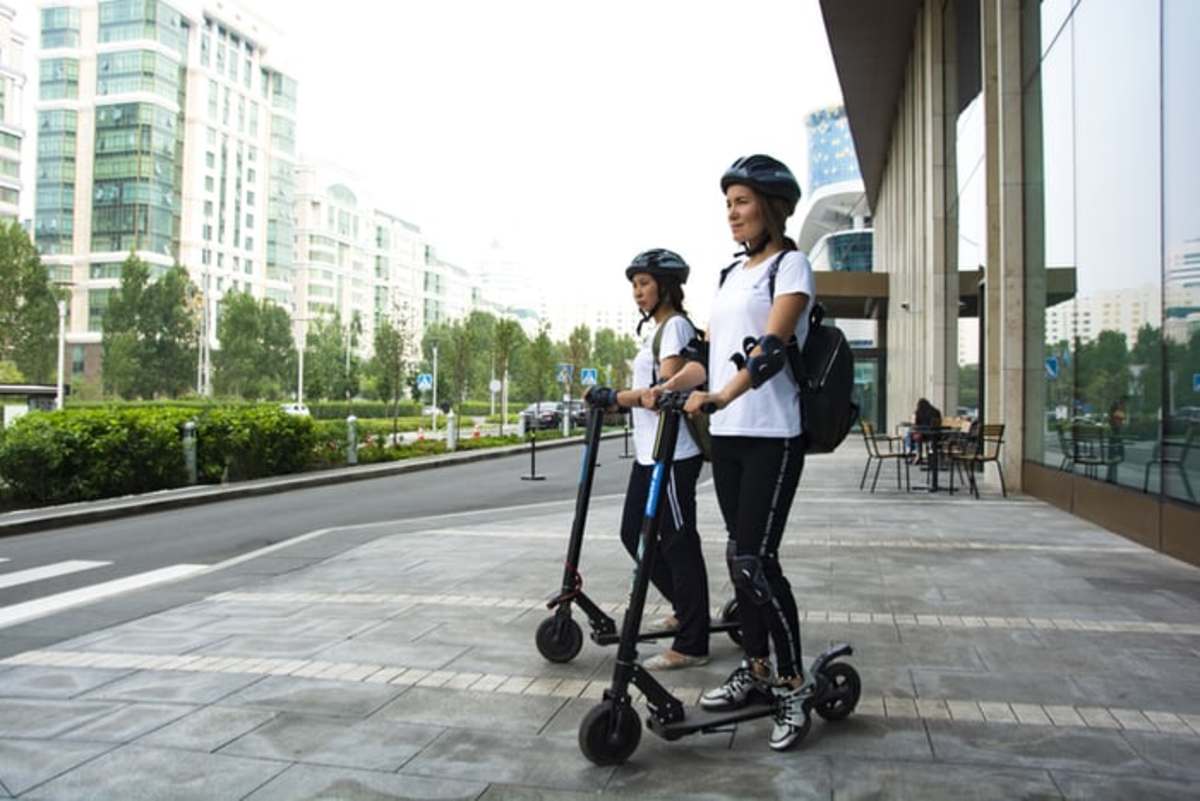
- Definition of low-power scooters in Illinois: Low-power scooters are defined in Illinois as motorized devices with an engine capacity of 50 cc or less. These scooters may have seats or be operated standing, but they cannot exceed 30 miles per hour on level ground.
- Differences between low-power scooters and motorized bicycles: While low-power scooters may share certain characteristics with motorized bicycles, such as engine capacity and maximum speed, they are distinct vehicle types. They are closer in design to traditional scooters and have their own set of regulations and requirements.
-
Specific regulations and restrictions for operating low-power scooters: In Illinois, low-power scooters must be registered with the Secretary of State and display proper registration plates. Additionally, riders must have a valid driver’s license or an instruction permit to operate these scooters legally. The requirements for low-power scooters are more aligned with those of motor vehicles, compared to electric scooters or bicycles.
III. Additional Considerations
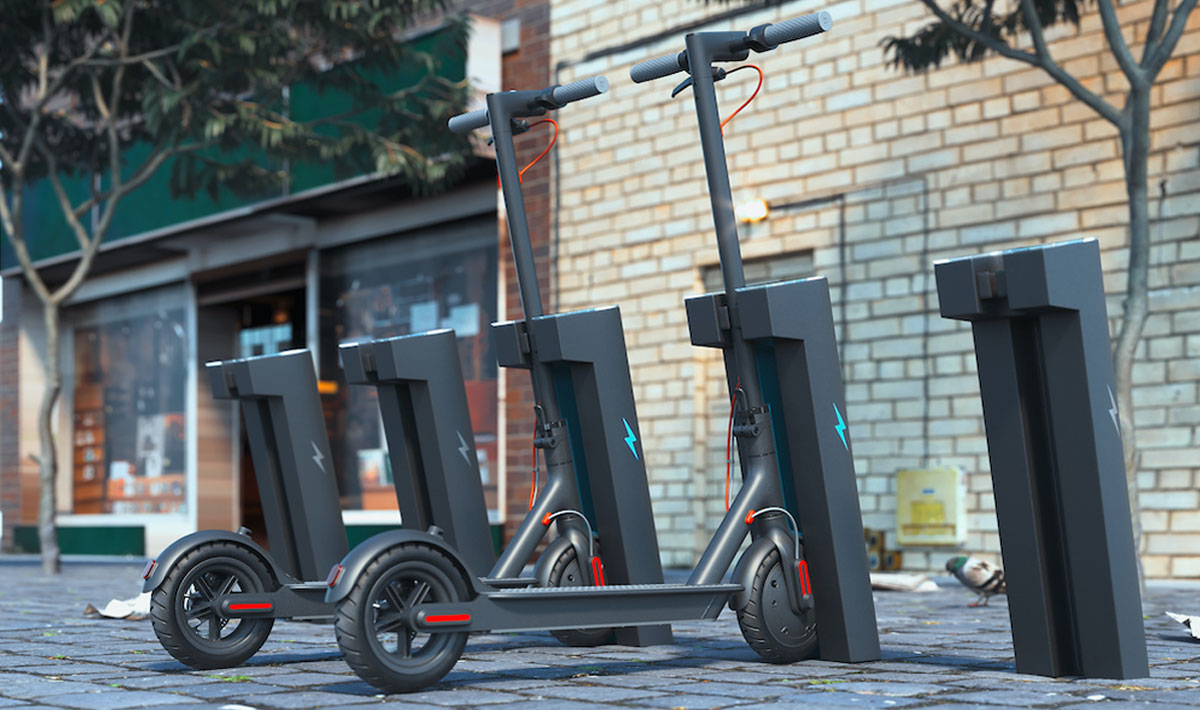
A. Safety Precautions
- Helmet requirements and recommendations:
In Illinois, the use of helmets is required for scooter riders under the age of 18. However, wearing a helmet is strongly recommended for all riders, regardless of age. Helmets provide necessary protection in the event of a fall or accident and can significantly reduce the risk of severe head injuries.
- Adhering to traffic laws and regulations:
Scooter riders must follow all traffic laws and regulations, just like any other road user. This includes obeying traffic signals, signs, and speed limits, as well as yielding to pedestrians and other vehicles. By following the rules of the road, scooter riders can ensure their safety and the safety of others.
- Regular maintenance to ensure scooter safety:
Regular maintenance is essential to keep scooters in safe and optimal condition. This includes checking tire pressure, brakes, lights, and other components to ensure they are functioning properly. Regular maintenance can prevent mechanical failures and ensure that the scooter is safe for operation.
B. Insurance Coverage
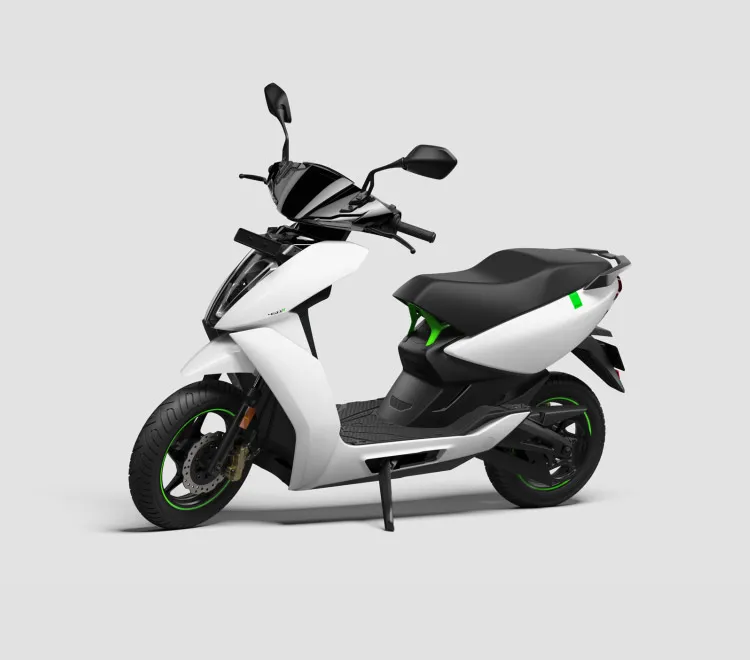
- Options for insurance coverage for unlicensed scooters:
While liability insurance is not required for operating unlicensed scooters in Illinois, it is strongly recommended to have coverage to protect against potential accidents or injuries. Many insurance providers offer specific policies for scooters, which can provide coverage for medical expenses, property damage, and legal liabilities.
- Understanding the importance of liability coverage:
Liability coverage is especially crucial for scooter riders as it helps protect against potential lawsuits in the event of causing injury or property damage to others. This coverage can help cover legal costs, medical expenses, and compensation for damaged property. Having liability coverage gives riders peace of mind and financial protection.
- Considerations for personal property damage and theft:
In addition to liability coverage, it is important to consider insurance options for personal property damage and theft. Scooters, like any other personal property, can be at risk of damage or theft. Adding coverage for personal property can provide financial compensation in case of such incidents.
IV. Conclusion
In conclusion, operating an unlicensed scooter in Illinois comes with certain responsibilities and considerations. Ensuring safety should be a priority for scooter riders, including wearing helmets, following traffic laws, and maintaining the scooter regularly. While insurance coverage is not required, having liability coverage and considering coverage for personal property damage and theft can provide added security and protection. Understanding and abiding by the legal requirements and safety precautions allows for safe and responsible scooter operation. By being informed and taking necessary measures, scooter riders can enjoy a fun and convenient mode of transportation while keeping themselves and others safe.
